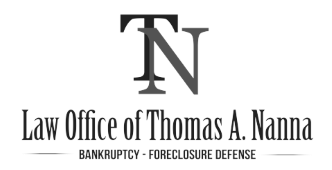What is Bankruptcy?
Bankruptcy is a legal process which allows a person (a “Debtor”), who owes more money than he or she can currently repay, to either (1) repay a portion of the money over time under Chapter 11, 12, or 13, or (2) have the entire debt forgiven (“discharged”) under chapter 7. Under chapter 7, a Debtor may be required to surrender assets to a trustee. Bankruptcy is also available to businesses, corporations, and partnerships. Even municipal governments can file bankruptcy (under Chapter 9).
After a Debtor has filed a case (i.e., “petition”), creditors must stop all collection efforts against the Debtor for a period of time, unless they get permission from the bankruptcy court to continue. This protection from collection efforts is referred to as the “automatic stay.”
The Bankruptcy Code and Federal Rules of Bankruptcy Procedure determine which chapter one is eligible to file, which debts can be eliminated, how long repayment must continue, which possessions can be kept, etc. A Debtor must abide by these federal laws and rules.












